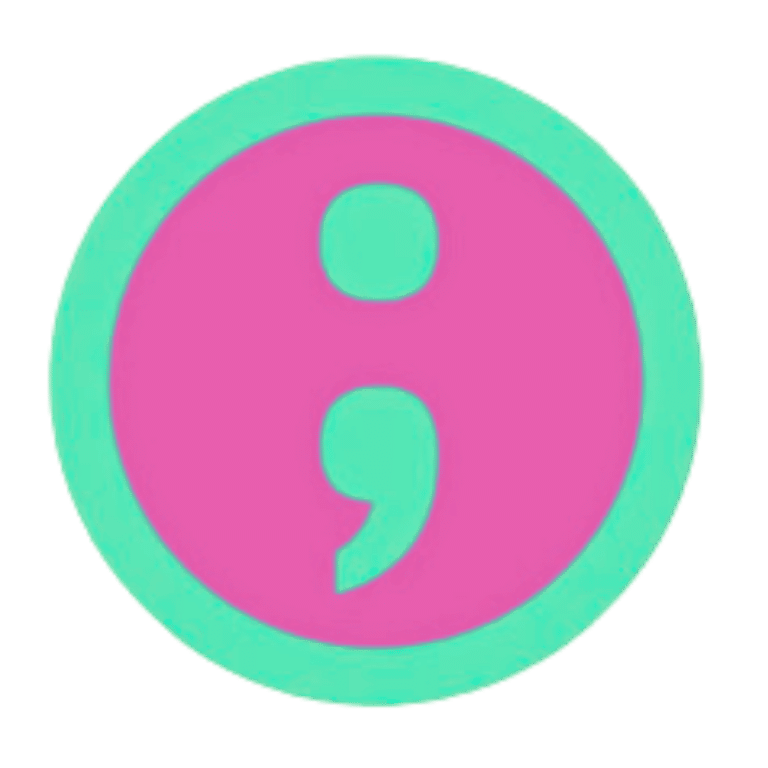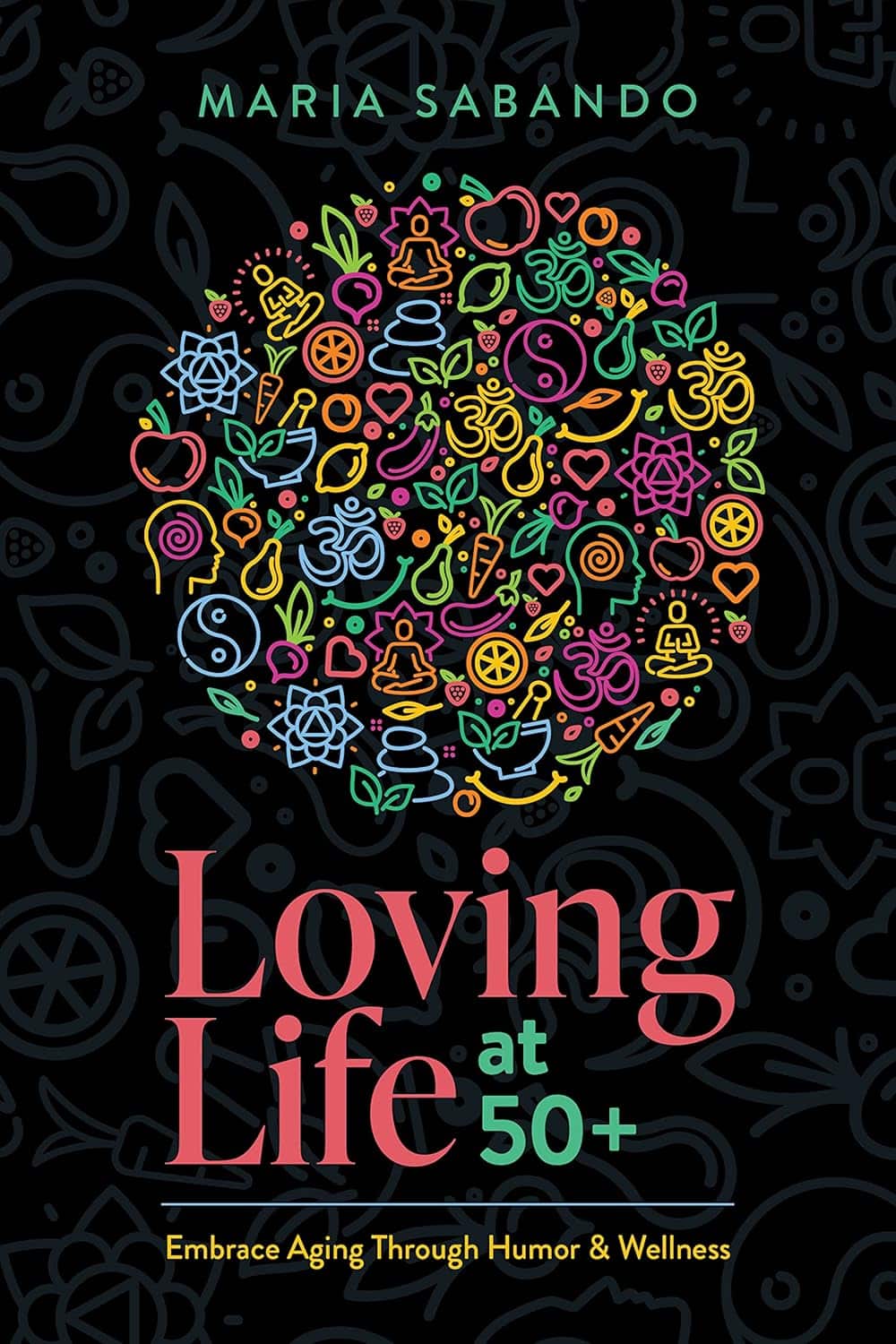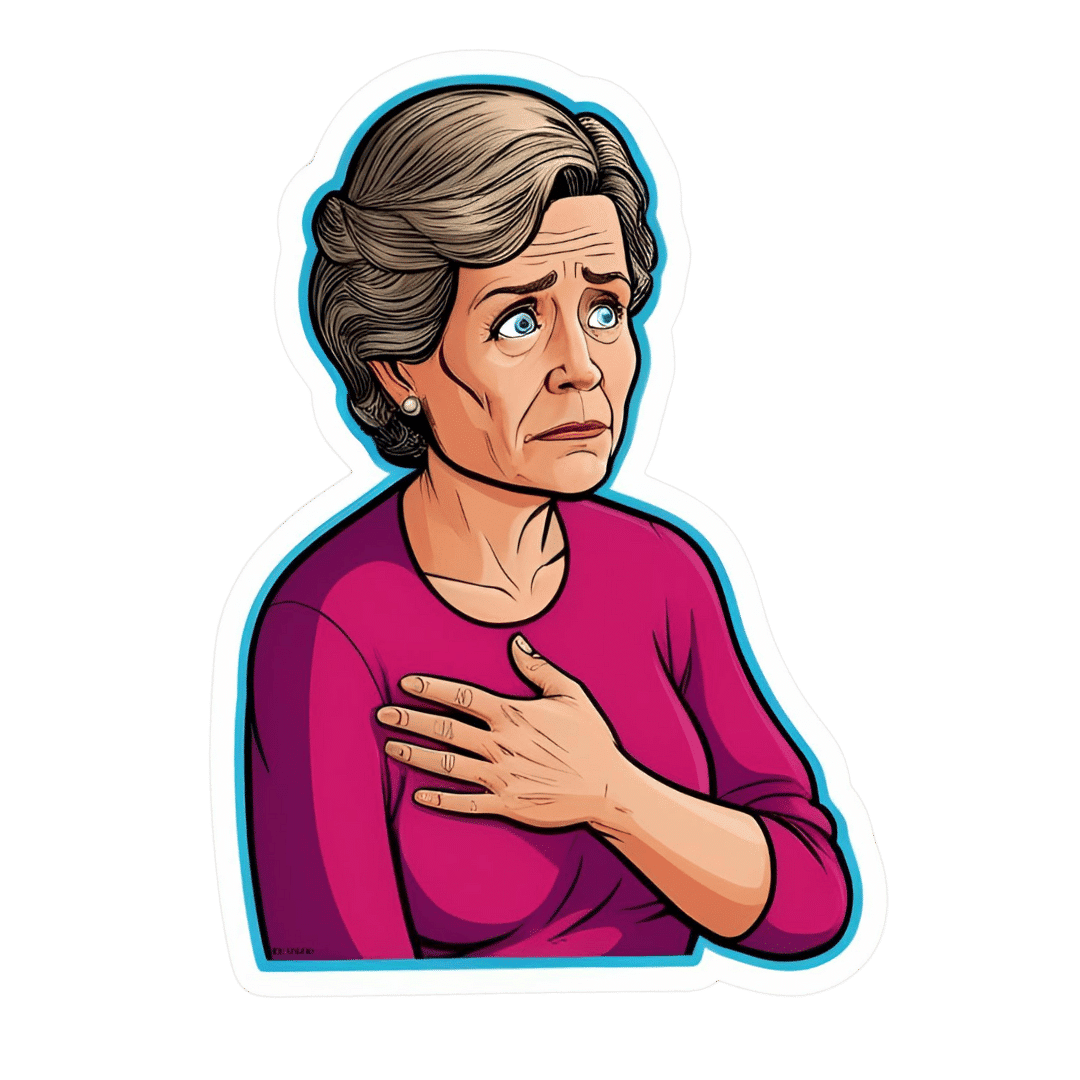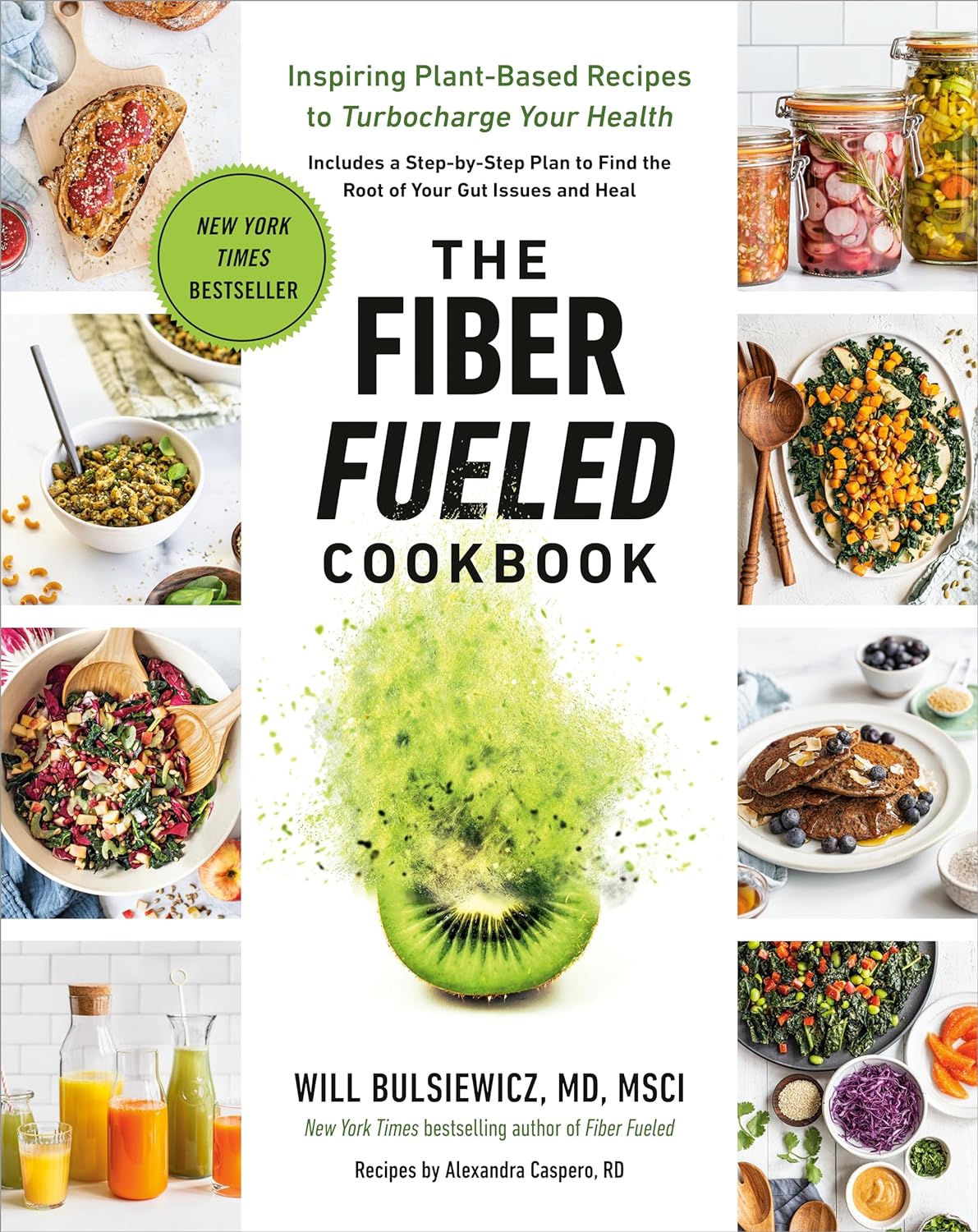
Creatine’s Brain Benefits Increase With Age
10almonds is reader-supported. We may, at no cost to you, receive a portion of sales if you purchase a product through a link in this article.
Creatine is generally thought of as a body-building supplement, and for most young people, that’s all it is. But with extra years come extra advantages, and creatine starts to confer cognitive benefits. Dr. Brad Stanfield shares the science:
What the science says
Although 95% of creatine is stored in muscles, 5% is found in the brain, where it helps produce energy needed for brain processes (and that’s a lot of energy—about 20% of our body’s metabolic base rate is accounted for by our brain).
In this video, Dr. Stanfield shares studies showing creatine improving memory, especially in older adults—and also in vegetarians/vegans, since creatine is found in meat (just like in our own bodies, which are also made of meat) and not in plants. On the meta-analysis level, a systematic review concluded that creatine supplementation indeed improves memory, with stronger effects observed in older adults.
Dr. Stanfield also addresses the safety concerns about creatine, which, on balance, are not actually supported by the science (of course, always consult your own doctor to be sure, as your case could vary).
As for dosage, 5g/day is recommended. For more on all of this plus links to the studies cited, enjoy:
Click Here If The Embedded Video Doesn’t Load Automatically!
Want to learn more?
You might also like to read:
Creatine: Very Different For Young & Old People
Take care!
Don’t Forget…
Did you arrive here from our newsletter? Don’t forget to return to the email to continue learning!
Recommended
Learn to Age Gracefully
Join the 98k+ American women taking control of their health & aging with our 100% free (and fun!) daily emails:
-
Treat Your Own Knee – by Robin McKenzie
10almonds is reader-supported. We may, at no cost to you, receive a portion of sales if you purchase a product through a link in this article.
First, a note about the author: he’s a physiotherapist and not a doctor, but with 40 years of practice to his name and 33 letters after his name (CNZM OBE FCSP (Hon) FNZSP (Hon) Dip MDT Dip MT), he seems to know his stuff.
The book covers recognizing the difference between arthritis, degeneration, or normal wear and tear, before narrowing down what your actual problem is and what can be done about it.
While there are many possible causes of knee pain (and by causes, we mean the first-level cause, such as “bad posture” or “old sports injury” or “inflammatory diet” or “repetitive strain” etc, not second-level causes that are also symptoms, like inflammation), McKenzie’s approach involves customizing his system to your body’s specific problems and needs. That’s what most of the book is about.
The style is direct and to-the-point; there’s no sensationalization here nor a feel of being sold anything. There’s lots of science scattered throughout, but all with the intent of enabling the reader to understand what’s going on with the problems, processes, and solutions, and why/how the things that work, work. Where there are exercises offered they are clearly-described and well-illustrated.
Bottom line: this is not a fancy book but it is an effective one. If you have knee pain, this is a very worthwhile one to read.
Click here to check out Treat Your Own Knee, and treat your own knee!
PS: if you have musculoskeletal problems elsewhere in your body, you might want to check out the rest of his body parts series (back, hip, neck, wrist, ankle, etc) for the one that’s tailored to your specific problem.
Share This Post
-
Oats vs Pearl Barley – Which is Healthier?
10almonds is reader-supported. We may, at no cost to you, receive a portion of sales if you purchase a product through a link in this article.
Our Verdict
When comparing oats to pearl barley, we picked the oats.
Why?
In terms of macronutrients first, pearl barley has about three times the carbs for only the same amount of protein and fiber—if it had been regular barley rather than pearl parley, it’d have about twice the fiber, but pearl barley has had the fibrous husk removed.
Vitamins really set the two part, though: oats have a lot more (60x more) vitamin A, and notably more of vitamins B1, B2, B3, B5, B6, and B9, as well as 6x more vitamin E. In contrast, pearl barley has a little more vitamin K and choline. An easy win for oats in this section.
In the category of minerals, oats have over 6x more calcium, 3x more iron, and a little more magnesium, manganese, and phosphorus. Meanwhile, pearl barley boats a little more copper, potassium, selenium, and zinc. So, a more moderate win for oats in this category.
They are both very good for the gut, unless you have a gluten intolerance/allergy, in which case, oats are the only answer here since pearl barley, as per barley in general, has gluten as its main protein (oats, meanwhile, do not contain gluten, unless by cross-contamination).
Adding up all the sections, this one’s a clear win for oats.
Want to learn more?
You might like to read:
- Eat More (Of This) For Lower Blood Pressure
- Making Friends With Your Gut (You Can Thank Us Later)
- Gluten: What’s The Truth?
Take care!
Share This Post
-
Loving Life at 50+ – by Maria Sabando
10almonds is reader-supported. We may, at no cost to you, receive a portion of sales if you purchase a product through a link in this article.
What a pleasant mix of a book! Sabando writes about aging with a great blend of light-heartedness and seriousness, and gives extra attention to the important balancing act of:
- Indulging sufficiently to enjoy life
- Staying well enough to enjoy life
…because one without the other will not generally result in an enjoyable life! An American proud of her Italian heritage, she blends (as many immigrant families do) cultures and perspectives, aiming where she can for “the best of both” in that regard, too.
Nor is this just a philosophical book—there’s yoga to be learned here, chapter by chapter, and recipes peppered throughout. The recipes, by the way, are simple and… Honestly, not as healthy as the recipes we share here at 10almonds, but they are good and when it comes to those indulgences we mentioned, her philosophy is that strategic mindful indulgence keeps mindless binge-eating at bay. Which is generally speaking not a bad approach, and is one we’ve written about before as well.
When it comes to health advice, the author is no doctor or scientist, but her husband (a doctor) had input throughout, keeping things on track and medically sound.
The style is very casual, like talking to a friend, which makes for a very easy and enjoyable read. Absolutely a book that one could read casually in the garden, put down when interrupted, pick up again, and continue happily where one left off.
Bottom line: whatever your age (no matter whether your 50th birthday is in your shrinkingly near future or your increasingly distant past), there’s wisdom to be gained here—it’s not a manual (unless you want to treat it as one), it’s more… Thought-provoking, from cover to cover. Highly recommendable.
Click here to check out Loving Life at 50+, and love life at 50+!
Share This Post
Related Posts
-
Why Lung Cancer Is On The Rise In Women Who’ve Never Smoked
10almonds is reader-supported. We may, at no cost to you, receive a portion of sales if you purchase a product through a link in this article.
It’s easy to assume that if you’ve never smoked, lung cancer is just not a risk for you, unless you got very unlucky with an asbestos-laden environment or such.
And yes, smoking is indeed the most overwhelmingly strong risk factor:
❝It is estimated that cigarette smoking explains almost 90% of lung cancer risk in men and 70 to 80% in women❞
Which is a lot (and we’ll address that discrepancy by sex shortly), but meanwhile first let’s mention:
❝Compared with non-smokers, smokers have as much as a 30-fold increased risk of developing cancer.
31% and 26% of all cancer deaths in men and women, respectively, result from lung cancer in the United States.
Overall 5-year survival is only 15%, and 1-year survival is approximately 42%.
In total, lung cancer is responsible for more deaths than prostate, colon, pancreas, and breast cancers combined❞
Source: Smoking and Lung Cancer
Sobering statistics for any smoker, certainly.
But, “smoking is bad for the health” is not the breaking news of the century, so we’ll look now at the other risk factors.
Before we do though, let’s just drop this previous main feature of ours for anyone who does smoke or perhaps who has a loved one who smokes:
Which Addiction-Quitting Methods Work Best? ← it’s not specific just to smoking, but it does cover such also
So, Why the extra risk for women, even if we don’t smoke?
Let’s reframe that first statistic we gave, now presenting the same information differently:
Women who do not smoke are 2–3x more likely to get lung cancer than men who do not smoke.
So… why?
There are three main reasons:
Genetic risks
Cancer often arises from genetic mutations. In the case of lung cancer, genes such as ALK, ROS1, TP53, KRAS, and EGFR are implicated, and some of those are much more likely to mutate in women than in men.
In some cases, it’s because if you have XX chromosomes (as most women do), there are genes you have redundant copies of that people with XY chromosomes don’t. Other less common karyotypes, such as XXY, probably carry higher risks, but that’s just a hypothesis we’re making based on “more copies of a gene = more chances for it to mutate”.
See also: Frequency and Distinctive Spectrum of KRAS Mutations in Never Smokers with Lung Adenocarcinoma
In other cases, it’s because estrogen interacts with the gene mutations, making lung cancer more likely to develop in women over time:
Hormonal risks (but not what you might think)
When something affects women more, it’s easy to blame hormones, but, as researchers have concluded…
❝A reduced lung cancer risk was found for OC and HRT ever users. Both oestrogen only and oestrogen+progestin HRT were associated with decreased risk. No dose-response relationship was observed with years of OC/HRT use. The greatest risk reduction was seen for squamous cell carcinoma in OC users and in both adenocarcinoma and small cell carcinoma in HRT users.❞
OC = oral contraceptive
HRT = hormone replacement therapyNote: we snipped out the statistical calculations for readability and brevity, so if you are interested in those, check out the paper below:
Meanwhile, another research review of 22 studies with nearly a million participants found:
❝Current or ever HRT use is partly correlated with the decreased incidence of lung cancer in women.
Concerns about the incidence of lung cancer can be reduced when perimenopausal and postmenopausal women use current HRT to reduce menopausal symptoms.❞
So, the problem seems to at least a lot of the time be not estrogen (notwithstanding what we mentioned previously about mutations—sometimes a thing can have both pros and cons), but rather, untreated menopause being the higher risk factor.
This is very reminiscent of what we talked about in one of our main features about Alzheimer’s disease:
Alzheimer’s Sex Differences May Not Be What They Appear ← Women get Alzheimer’s at nearly 2x the rate than men do, and deteriorate more rapidly after onset, too.
Chronic inflammation
For reasons that have not been tied to genetics or hormones*, women suffer from autoimmune diseases at much higher rates than men.
*presumably it is at least one or the other, because there aren’t a lot of other options that seem plausible, but (as with many “this thing mainly affects women” maladies), science hasn’t yet determined the cause.
Because cancer is in part a disease of immune dysfunction (cells fail to kill cells they should be killing), having an autoimmune disease, or indeed chronic inflammation in general, will result in a higher risk of cancer.
For general theory, see: Cancer and Autoimmune Diseases: A Tale of Two Immunological Opposites?
For specifics, see: Non–Small Cell Lung Cancer: Role of the Immune System and Potential for Immunotherapy
And this one is the most likely explanation of why lung cancer in women who’ve never smoked is on the rise—it’s because chronic inflammation in women is on the rise. While people regardless of gender are getting chronic inflammation at increased rates nowadays (probably due in large part to the rise of ultra-processed food, as well as the higher stress of modern life, but again, we’re hypothesizing), if all other factors are equal, women will still get it more than men.
However!
Like the consideration of HRT’s protective effects (and unlike the genetic factors), this is one we can do something about.
For how, check out: How to Prevent (or Reduce) Inflammation
Want to know more?
For lung health in general, see:
Seven Things To Do For Good Lung Health!
Take care!
Don’t Forget…
Did you arrive here from our newsletter? Don’t forget to return to the email to continue learning!
Learn to Age Gracefully
Join the 98k+ American women taking control of their health & aging with our 100% free (and fun!) daily emails:
-
How Useful Are Our Dreams
10almonds is reader-supported. We may, at no cost to you, receive a portion of sales if you purchase a product through a link in this article.
What’s In A Dream?
We were recently asked:
❝I have a question or a suggestion for coverage in your “Psychology Sunday”. Dreams: their relevance, meanings ( if any) interpretations? I just wondered what the modern psychological opinions are about dreams in general.❞
~ 10almonds subscriber
There are two main schools of thought, and one main effort to reconcile those two. The third one hasn’t quite caught on so far as to be considered a “school of thought” yet though.
The Top-Down Model (Psychoanalysts)
Psychoanalysts broadly follow the theories of Freud, or at least evolved from there. Freud was demonstrably wrong about very many things. Most of his theories have been debunked and ditched—hence the charitable “or at least evolved from there” phrasing when it comes to modern psychoanalytic schools of thought. Perhaps another day, we’ll go into all the ways Freud went wrong. However, for today, one thing he wasn’t bad at…
According to Freud, our dreams reveal our subconscious desires and fears, sometimes directly and sometimes dressed in metaphor.
Examples of literal representations might be:
- sex dreams (revealing our subconscious desires; perhaps consciously we had not thought about that person that way, or had not considered that sex act desirable)
- getting killed and dying (revealing our subconscious fear of death, not something most people give a lot of conscious thought to most of the time)
Examples of metaphorical representations might be:
- dreams of childhood (revealing our subconscious desires to feel safe and nurtured, or perhaps something else depending on the nature of the dream; maybe a return to innocence, or a clean slate)
- dreams of being pursued (revealing our subconscious fear of bad consequences of our actions/inactions, for example, responsibilities to which we have not attended, debts are a good example for many people; or social contact where the ball was left in our court and we dropped it, that kind of thing)
One can read all kinds of guides to dream symbology, and learn such arcane lore as “if you dream of your teeth crumbling, you have financial worries”, but the truth is that “this thing means that other thing” symbolic equations are not only highly personal, but also incredibly culture-bound.
For example:
- To one person, bees could be a symbol of feeling plagued by uncountable small threats; to another, they could be a symbol of abundance, or of teamwork
- One culture’s “crow as an omen of death” is another culture’s “crow as a symbol of wisdom”
- For that matter, in some cultures, white means purity; in others, it means death.
Even such classically Freudian things as dreaming of one’s mother and/or father (in whatever context) will be strongly informed by one’s own waking-world relationship (or lack thereof) with same. Even in Freud’s own psychoanalysis, the “mother” for the sake of such analysis was the person who nurtured, and the “father” was the person who drew the nurturer’s attention away, so they could be switched gender roles, or even different people entirely than one’s parents.
The only real way to know what, if anything, your dreams are trying to tell you, is to ask yourself. You can do that…
- by reflection and personal interrogation (see for example: The Easiest Way To Take Up Journaling)
- or by externalising parts of your subconscious (as in Internal Family Systems therapy)
- or by talking directly to your subconscious where it is, by means of lucid dreaming.
The idea with lucid dreaming is that since any dream character is a facet of your subconscious generated by your own mind, by talking to that character you can ask questions directly of your subconscious (the popular 2010 movie “Inception” was actually quite accurate in this regard, by the way).
To read more about how to do this kind of self-therapy through lucid dreaming, you might want to check out this book we reviewed previously; it is the go-to book of lucid dreaming enthusiasts, and will honestly give you everything you need in one go:
Lucid Dreaming: A Concise Guide to Awakening in Your Dreams and in Your Life – by Dr. Stephen LaBerge
The Bottom-Up Model (Neuroscientists)
This will take a lot less writing, because it’s practically a null hypothesis (i.e., the simplest default assumption before considering any additional evidence that might support or refute it; usually some variant of “nothing unusual going on here”).
The Bottom-Up model holds that our brains run regular maintenance cycles during REM sleep (a biological equivalent of defragging a computer), and the brain interprets these pieces of information flying by and, because of the mind’s tendency to look for patterns, fills in the rest (much like how modern generative AI can “expand” a source image to create more of the same and fill in the blanks), resulting in the often narratively wacky, but ultimately random, vivid hallucinations that we call dreams.
The Hybrid Model (per Cartwright, 2012)
This is really just one woman’s vision, but it’s an incredibly compelling one, that takes the Bottom-Up model and asks “what if we did all that bio-stuff, and then our subconscious mind influenced the interpretation of the random patterns, to create dreams that are subjectively meaningful, and thus do indeed represent our subconscious?
It’s best explained in her own words, though, so it’s time for another book recommendation (we’ve reviewed this one before, too):
Enjoy!
Don’t Forget…
Did you arrive here from our newsletter? Don’t forget to return to the email to continue learning!
Learn to Age Gracefully
Join the 98k+ American women taking control of their health & aging with our 100% free (and fun!) daily emails:
-
The Fiber Fueled Cookbook – by Dr. Will Bulsiewicz
10almonds is reader-supported. We may, at no cost to you, receive a portion of sales if you purchase a product through a link in this article.
We’ve previously reviewed Dr. Bulsiewicz’s book “Fiber Fuelled” (which is great), but this one is more than just a cookbook with the previous book in mind. Indeed, this is even a great stand-alone book by itself, since it explains the core principles well enough already, and then adds to it.
It’s also about a lot more than just “please eat more fiber”, though. It looks at FODMAPs, purine, histamine intolerance, celiac disease, altered gallbladder function, acid reflux, and more.
He offers a five-part strategy:
Genesis (what is the etiology of your problem)
- Restrict (cut things out to address that first)
- Observe (keep a food/symptom diary)
- Work things back in (re-add potential triggers one by one, see how it goes)
- Train your gut (your microbiome does not exist in a vacuum, and communication is two-way)
- Holistic healing (beyond the gut itself, looking at other relevant factors and aiming for synergistic support)
As for the recipes themselves, there are more than a hundred of them and they are good, so no more “how can I possibly cook [favorite dish] without [removed ingredient]?”
Bottom line: if you’d like better gut health, this book is a top-tier option for fixing existing complaints, and enjoying plain-sailing henceforth.
Click here to check out The Fiber Fueled Cookbook; your gut will thank you later!
Don’t Forget…
Did you arrive here from our newsletter? Don’t forget to return to the email to continue learning!
Learn to Age Gracefully
Join the 98k+ American women taking control of their health & aging with our 100% free (and fun!) daily emails:







